The cure for fear is action. Action requires courage. – Aristotle Winter of 1939. Finland is invaded by the Red Army. The Finns are far inferior in numbers and artillery. But they have “sisu” in greater quantities as the story goes. Using their cross-country skiing skills, they manage to surprise and disperse the Russian troops. The Finns describe “ sisu” as the guts, the courage of the lesser. A mixture of audacity and perseverance which leads to never giving up, even when all seems lost. It is an inner strength that transforms one’s supposed inferiority to advantage by thinking out …
Category: English
Mathnavi is a universal love hymn. On the 750th anniversary of his death, the mythical poet, sage and spiritual master Rumi (30 September 1207, Belh region – 17 December 1273, Konya) is one of the most read poets in the West. Leili Anvar attributes it to his sublime spiritual poise that transcends all religious norms. She is known for her scholarly translations, her profound knowledge of mystical Persian literature, and life and spiritual personality of Rumi. In the preface of her book Rumi, the Religion of Love , she describes the epoch he lived in Anatolia. Rumi lived in …
Mastering others is power, mastering oneself is true willpower. – Lao Tzu At the time the universe was created, it was debated to whom willpower should be given. None undertook the responsibility. When humankind – the highest of all creatures was created, willpower was granted to him. Thus, the heavy burden that mighty mountains and sturdy animals could not lift was placed on the shoulders of humankind. Ever since then we roam the day with the devil of temptation on one shoulder and the angel of restraint on the other. We might have a sudden craving on the spot, …
The Pythagoreans believed that music was a purification for the soul, just as medicine was a purification for the body. The ancient Greek philosopher and polymath, Pythagoras (c. 570 – 495 BC) said that all things in cosmos – κόσμος are made of numbers ensuring that the universe functions in order and harmony. Known with his pioneering theories on music and mathematics, he proclaimed that cosmos is in harmonious motion precisely timed and structured. The harmonious and repetitive rotations of the spheres emit celestial melodies which he phrased as musica universalis – the music of the spheres. He put forth …
Goethe’s theory of colors, and how the eye sees and simultaneously creates its own color The great poet and savant Johann Wolfgang von Goethe (1749-1832) passionately explored the phenomenology of light and colors witnessed by the human eye, and collected his findings in Farbenlehre (Theory of Colors). His innovative doctrine of “physiological colors,” though dismissed by some due to lack of empirical data in his epoch, would later lead to wide repercussions in the centuries to come in art, physics and philosophy. He proclaimed that the colors referred to as physiological pertain to the subject, the organ of sight, …
A master musician, an influential thinker and jurist, Ostad Elahi ( 11 September 1895 – 19 October 1974) said : “Music has countless properties, most of which have yet to be discovered.” Born in a small remote village in Iran, he grew up in a spiritual milieu where mystical traditions reigned everyday life. He was devoted to music very early on in his quest for meaning, self-knowledge, and transcendence. By the age of nine he was recognized as “ a peerless master of the tanbur ”, yet he only played it for himself. Occasionally, his relatives and visitors would …
The moments of awe, peak experiences and accomplishing the best version of oneself It is in human nature to aspire higher and “ human life will never be understood unless its highest aspirations are taken into account, ” said Abraham Maslow (1908-1970), renown with his triangle of hierarchical needs. At the peak of this triangle “ transient states of absolute being ” are experienced. It is “ where the farther reaches of human nature are secluded. ” He declared that a thorough understanding of the human being includes both security and belongingness needs as well as growth and transcendence …
How the intelligence of the trees is measured and what it means for maintaining our life on earth Plants are sentient beings which have emotions, who feel the pain when damaged, enjoy Mozart, can respond to unspoken thoughts of humans and more. Cleve Backster, a former intelligence agent, best known for his experiments with plants, he used a polygraph (lie detector) instrument in the 1960s long before science has discovered the intelligence of plants capable of cognition, learning, memory and communication. He hooked up the galvanometer of the polygraph to his house plant, and to his astonishment, he found that …
Rose has been considered the symbol of love, beauty and divine perfection since ancient antiquity. Rose essence was used in cooking, medicine and various ceremonies at the time of Zoroaster (circa 1000 BC) in Persia. Washing the hands and face with rosewater for purification, sprinkling rose water on one another, drinking rose syrup, burning rose incense featured various ethnic, cultural, religious ceremonies. During the middle ages, the rose was cultivated in monastery courtyards and was used for incense and medicinal purposes. It is been said that the finest rose water and oil is extracted from what is commonly known today …
Those who compared our lives with a dream were right. We were sleeping awake and waking up asleep. – Montaigne “ The earth is heavy and opaque without dreams,” wrote Anaïs Nin ( 1903-1977) in her diary. Sigmund Freud (1856-1939) described dreams as the “ royal road to the knowledge of our unconscious activities,” in which our primitive self meets the civilized one, and where all memories are collected. The unconscious is the great guide to get to know oneself in entirety. Carl Jung (1875-1961) defined it as an invaluable resource : The unconscious communicating through dreams is at least …



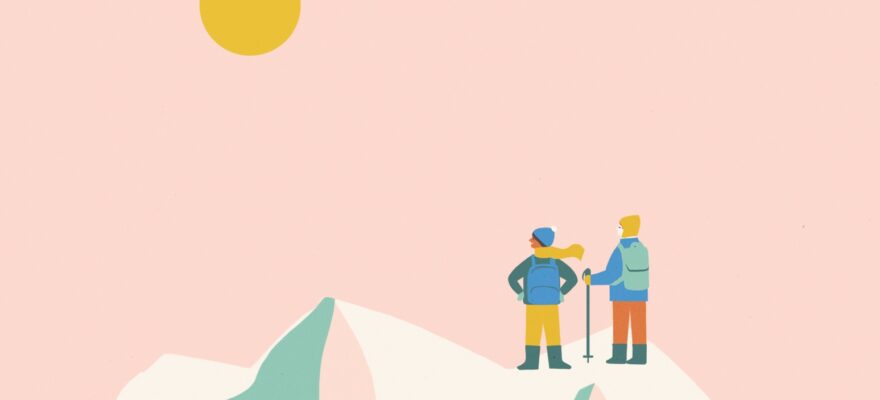
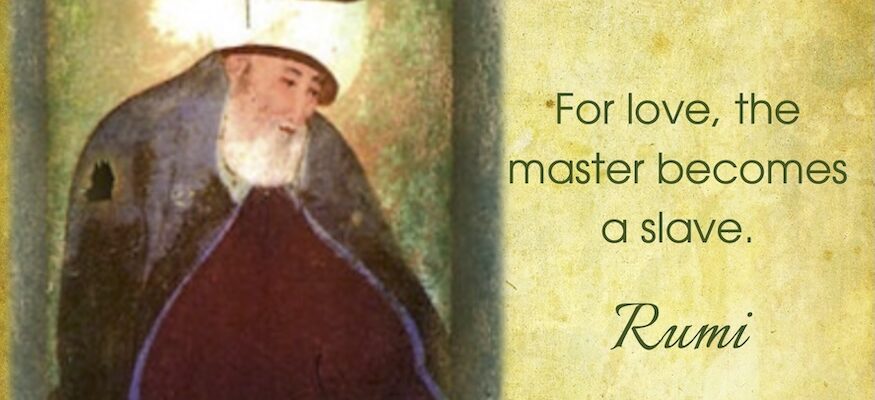
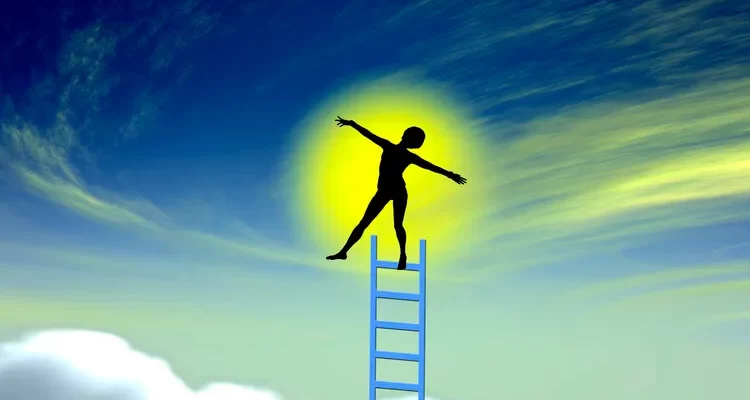
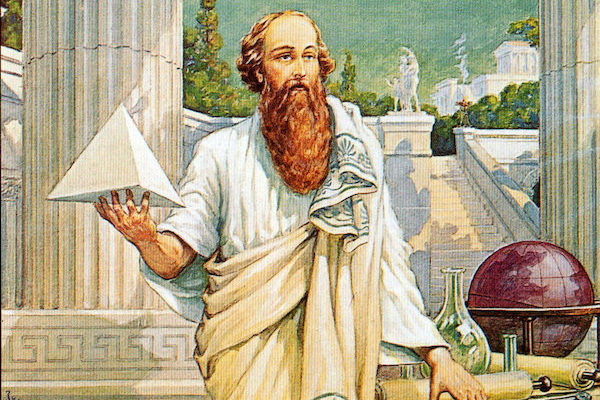
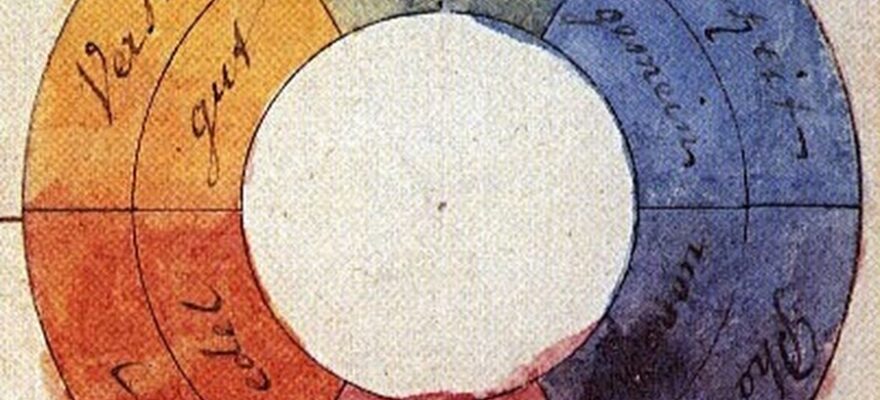
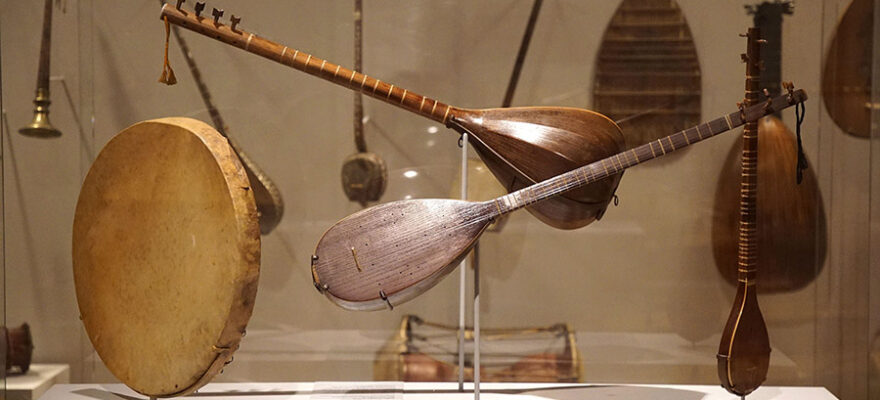
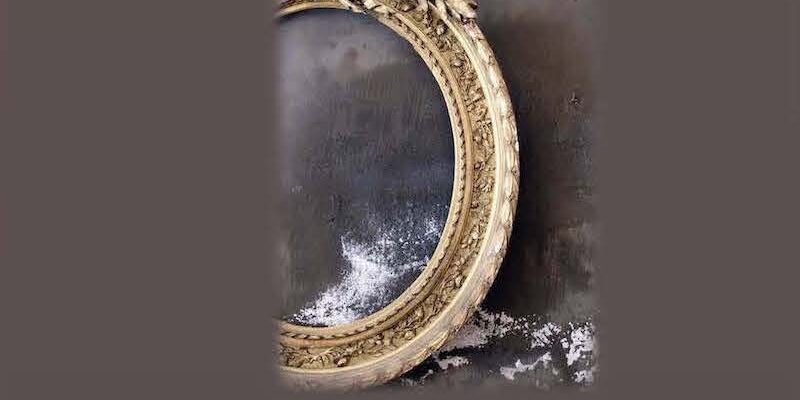


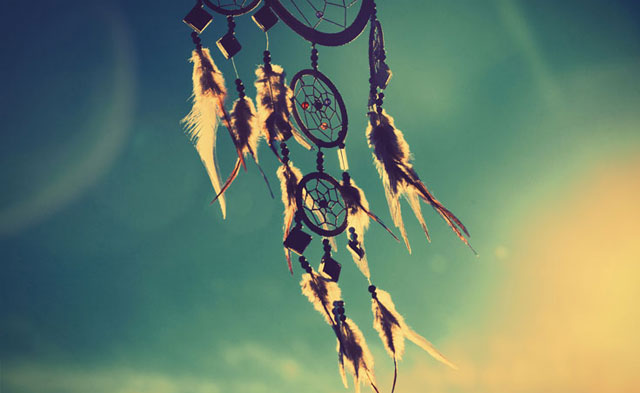





Social Profiles